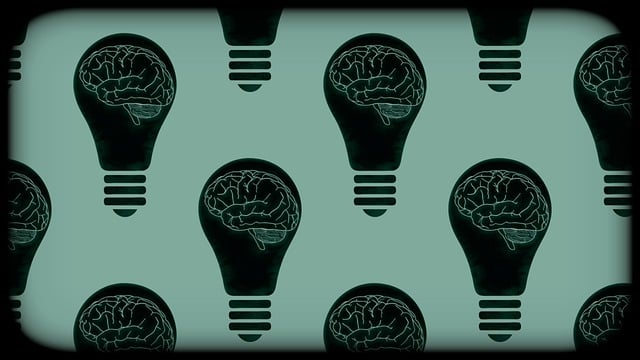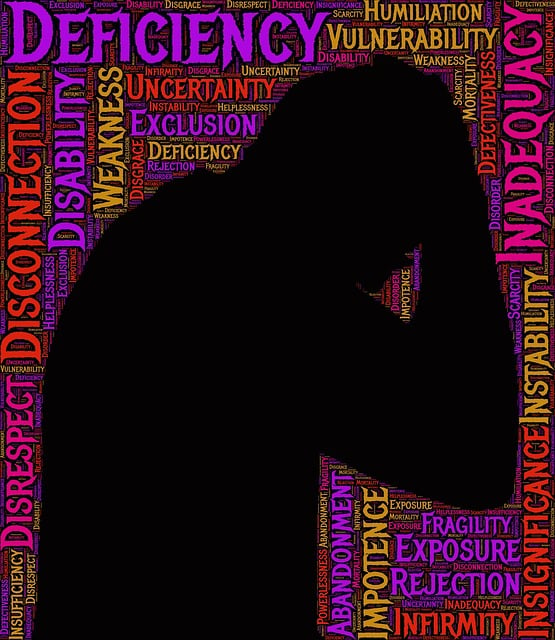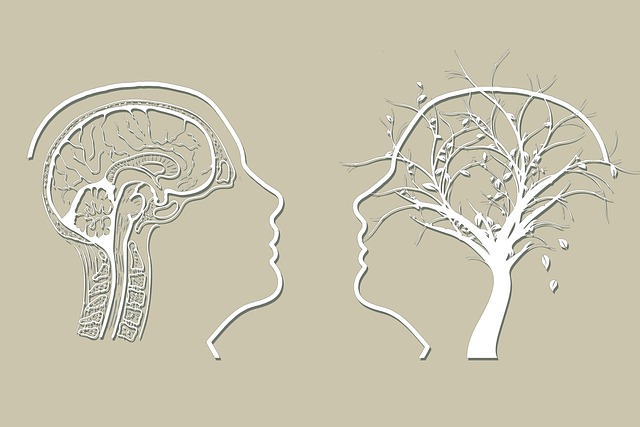Broomfield Couples Counseling Therapy prioritizes mental wellness in a fast-paced world by offering innovative resources like Mental Wellness Journaling Exercise Guidance, which promotes self-awareness and early detection of mental health issues. They're developing precise mental health evaluation tools that incorporate validated scales, empathy, and stigma reduction to capture the relationship between emotional states and relationships. Integrating professional insights with user feedback creates dynamic and culturally relevant assessment tools, enhancing communication about mental health and normalizing self-care for better mental wellness.
Mental wellness self-assessment tools play a crucial role in personal growth and professional therapy. This article explores the development of such tools, focusing on three key aspects: understanding the need for accurate evaluation, designing effective instruments, and integrating feedback from professionals and users. We delve into how these components are harmonized to create robust mental health assessment tools, with specific reference to enhancing Broomfield Couples Counseling Therapy practices.
- Understanding the Need for Self-Assessment Tools in Mental Wellness
- Designing Effective and Accurate Mental Health Evaluation Instruments
- Integrating Feedback from Professionals and Users: Enhancing Broomfield Couples Counseling Therapy Tools
Understanding the Need for Self-Assessment Tools in Mental Wellness

In today’s fast-paced world, prioritizing mental wellness is more crucial than ever. While professional counseling and therapy play a vital role in addressing specific concerns, self-assessment tools empower individuals to take an active role in their mental health journey. Broomfield Couples Counseling Therapy recognizes this need and has been at the forefront of developing innovative resources for anxiety relief and stress management.
One such powerful tool is Mental Wellness Journaling Exercise Guidance, which provides a structured yet personal approach to understanding one’s emotional state. By encouraging individuals to reflect on their thoughts, feelings, and behaviors, these exercises foster self-awareness and offer valuable insights into managing stress and anxiety effectively. With consistent practice, journaling can serve as an early warning system for mental health issues and provide individuals with the guidance needed to seek appropriate support when necessary.
Designing Effective and Accurate Mental Health Evaluation Instruments

Developing effective and accurate mental health evaluation instruments is a meticulous process that requires careful consideration. These tools play a pivotal role in assessing individuals’ psychological well-being, especially in the context of Broomfield Couples Counseling Therapy where understanding the nuances of interpersonal dynamics is essential. The primary goal is to create questionnaires or surveys that can reliably measure various aspects of mental health, such as anxiety, depression, stress levels, and emotional resilience.
To achieve this, researchers and therapists should focus on incorporating validated scales and measures known for their efficacy. For instance, incorporating empathy-building strategies and compassion cultivation practices within these instruments can enhance their sensitivity to the complex interplay between emotional states and interpersonal connections. Simultaneously, efforts towards mental illness stigma reduction should be integrated, ensuring that assessment tools are non-judgmental and promote a safe space for individuals to openly express their experiences.
Integrating Feedback from Professionals and Users: Enhancing Broomfield Couples Counseling Therapy Tools

In developing mental wellness self-assessment tools, integrating feedback from professionals and users is a game-changer. Broomfield Couples Counseling Therapy practitioners bring expertise in identifying nuanced symptoms and effective interventions, while user input offers firsthand experiences and insights into what works best for them. Combining these perspectives creates a powerful tool that goes beyond standard assessments. By incorporating feedback, the self-assessment becomes a dynamic resource, tailored to individual needs and cultural contexts, ensuring its relevance and effectiveness.
This collaborative approach enhances the accuracy and usability of the Broomfield Couples Counseling Therapy tools. User feedback helps refine communication strategies, making them more accessible and engaging. Moreover, it aids in developing public awareness campaigns that resonate with diverse audiences, fostering a culture of open dialogue about mental health—a crucial step towards normalizing self-care routine development for better mental health.
Mental wellness self-assessment tools are indispensable resources for individuals seeking to understand their psychological well-being. By combining insights from professionals and user feedback, as seen in the development of Broomfield Couples Counseling Therapy tools, these instruments can become highly effective and accurate evaluators of mental health. Through continuous refinement based on real-world usage, such tools have the potential to significantly enhance access to mental wellness support, empowering individuals to take proactive steps towards healthier lives.














